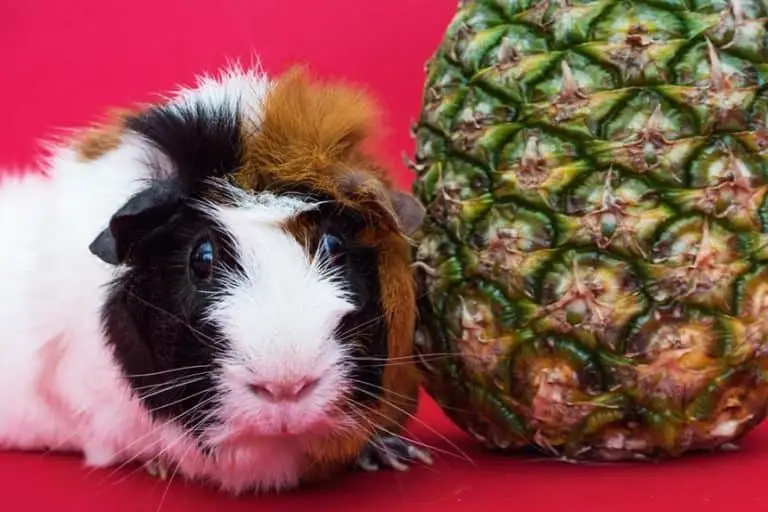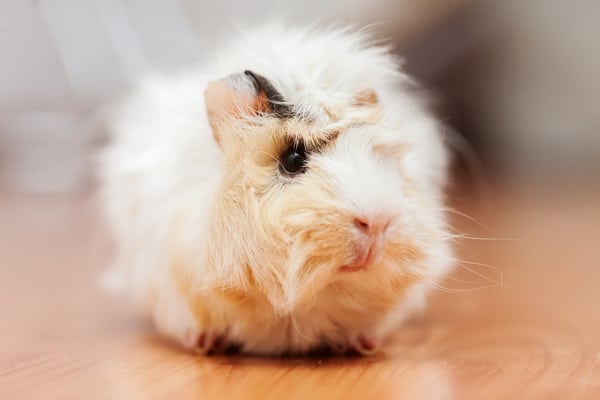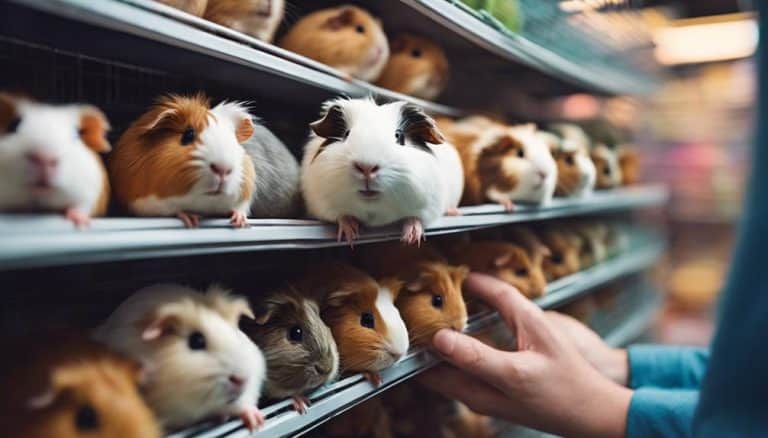Do Guinea Pigs Eat Their Babies
Ever wondered if guinea pigs devour their own offspring? Well, we’ve got the scoop on this intriguing phenomenon. Guinea pig cannibalism is a topic that piques curiosity and sparks concern among pet owners.
In this article, we’ll explore the natural instincts behind this behavior, shed light on the factors that contribute to it, and provide tips on preventing it. So, grab a cup of tea and join us on this fascinating journey into the world of guinea pig parenting.
Key Takeaways
- Cannibalism among guinea pigs is rare but has evolutionary implications.
- Factors such as high stress levels, insufficient food or water availability, and genetic factors can contribute to cannibalism.
- Preventive measures such as ensuring a stress-free environment, providing ample resources, and pairing compatible guinea pigs can help prevent cannibalistic behavior.
- Seeking veterinary assistance is necessary when facing cannibalistic behavior to diagnose the root cause and provide treatment.
The Natural Instincts of Guinea Pigs
As guinea pig owners, we observe their natural instincts to protect and care for their babies. When it comes to guinea pig breeding, it is important to understand how these adorable creatures behave in order to provide the best care for their newborns. Guinea pigs are known for their strong maternal instincts.
The mother guinea pig, also known as a sow, will carefully clean her babies and keep them warm. She will also nurse them, providing them with the necessary nutrients for their growth and development. It is fascinating to witness how guinea pigs communicate with their young through gentle nudges and soft vocalizations.
They create a safe and nurturing environment for their babies, ensuring their well-being. Understanding and respecting these natural instincts is crucial in caring for newborn guinea pigs.
Understanding the Occurrence of Cannibalism
We’ve noticed that cannibalism occasionally happens among guinea pigs, and we’re trying to understand why. Cannibalism, although rare, has both evolutionary implications and effects on guinea pig population dynamics.
From an evolutionary perspective, cannibalism may have emerged as a survival strategy in times of resource scarcity or high population density. It allows the stronger individuals to eliminate weaker ones and ensure their own survival. However, in the context of guinea pig population dynamics, cannibalism can have negative consequences. It reduces the number of offspring that survive to adulthood, potentially leading to a decline in population size.
Additionally, the occurrence of cannibalism may disrupt social structures within the guinea pig community, affecting their overall well-being. Understanding the factors that contribute to cannibalism among guinea pigs is crucial for managing their populations and ensuring their long-term survival.
Factors That Contribute to Guinea Pig Cannibalism
Understanding the factors behind guinea pig cannibalism is crucial in managing their populations and ensuring their long-term survival. Cannibalism, the act of consuming their own offspring, can be distressing and puzzling. While guinea pigs are generally gentle and nurturing, there are certain circumstances that may trigger this behavior.
Causes of guinea pig cannibalism can include:
- Stress: High stress levels, such as overcrowding or disturbance in their environment, can lead to cannibalistic behavior.
- Lack of resources: Insufficient food or water availability can drive guinea pigs to resort to cannibalism as a means to survive.
- Genetic factors: Some guinea pigs may have inherent genetic predispositions that make them more prone to cannibalism.
In terms of guinea pig reproduction, it is important to note that cannibalism usually occurs soon after birth. This behavior is not exclusive to guinea pigs; other species also exhibit this behavior under certain conditions.
By understanding these causes and taking appropriate measures to address them, we can create a more harmonious environment for guinea pigs and reduce the occurrence of cannibalism.
Preventive Measures to Avoid Cannibalism
To prevent cannibalism among guinea pigs, we should ensure their environment is stress-free and provide an ample supply of resources such as food and water. Breeding considerations play a crucial role in preventing this behavior. It is important to pair compatible guinea pigs for breeding, as aggressive behavior can lead to cannibalism.
Environmental factors also play a significant role. Guinea pigs require a spacious and well-ventilated enclosure with adequate hiding spots to reduce stress and territorial disputes. Providing a balanced diet with appropriate nutrients is essential to meet their nutritional needs and prevent aggression.
Regular monitoring of pregnant guinea pigs is necessary to ensure a safe birthing process. Additionally, frequent health check-ups and early intervention in case of any abnormalities can help prevent cannibalism.
By considering these factors and providing a conducive environment, guinea pig owners can ensure the well-being of their pets and prevent cannibalistic behavior.
Seeking Veterinary Assistance for Cannibalistic Behavior
When facing cannibalistic behavior among our guinea pigs, it’s essential to seek veterinary assistance for a thorough evaluation and appropriate intervention. Seeking professional advice can help us understand the underlying causes of this distressing behavior and guide us towards effective solutions.
Dealing with emotional distress is crucial for both the well-being of the guinea pigs and their owners. Here are some reasons why seeking veterinary assistance is necessary:
- Expert evaluation: Veterinarians have the knowledge and experience to diagnose the root cause of cannibalistic behavior and provide appropriate treatment.
- Emotional support: Veterinary professionals can offer guidance and reassurance to owners dealing with the emotional distress caused by witnessing such behavior.
- Preventive measures: Seeking professional advice can help prevent future instances of cannibalism through behavioral modifications and environmental adjustments.
Conclusion
In conclusion, while it is rare, guinea pig cannibalism can occur due to various factors such as stress, lack of proper nutrition, and hormonal imbalances. It is important for guinea pig owners to understand the natural instincts of these animals and take preventive measures to avoid such behavior. Seeking veterinary assistance is crucial if cannibalistic behavior is observed.
Interestingly, studies have shown that guinea pig cannibalism is more likely to occur in larger colonies rather than smaller ones, highlighting the importance of appropriate social grouping.







